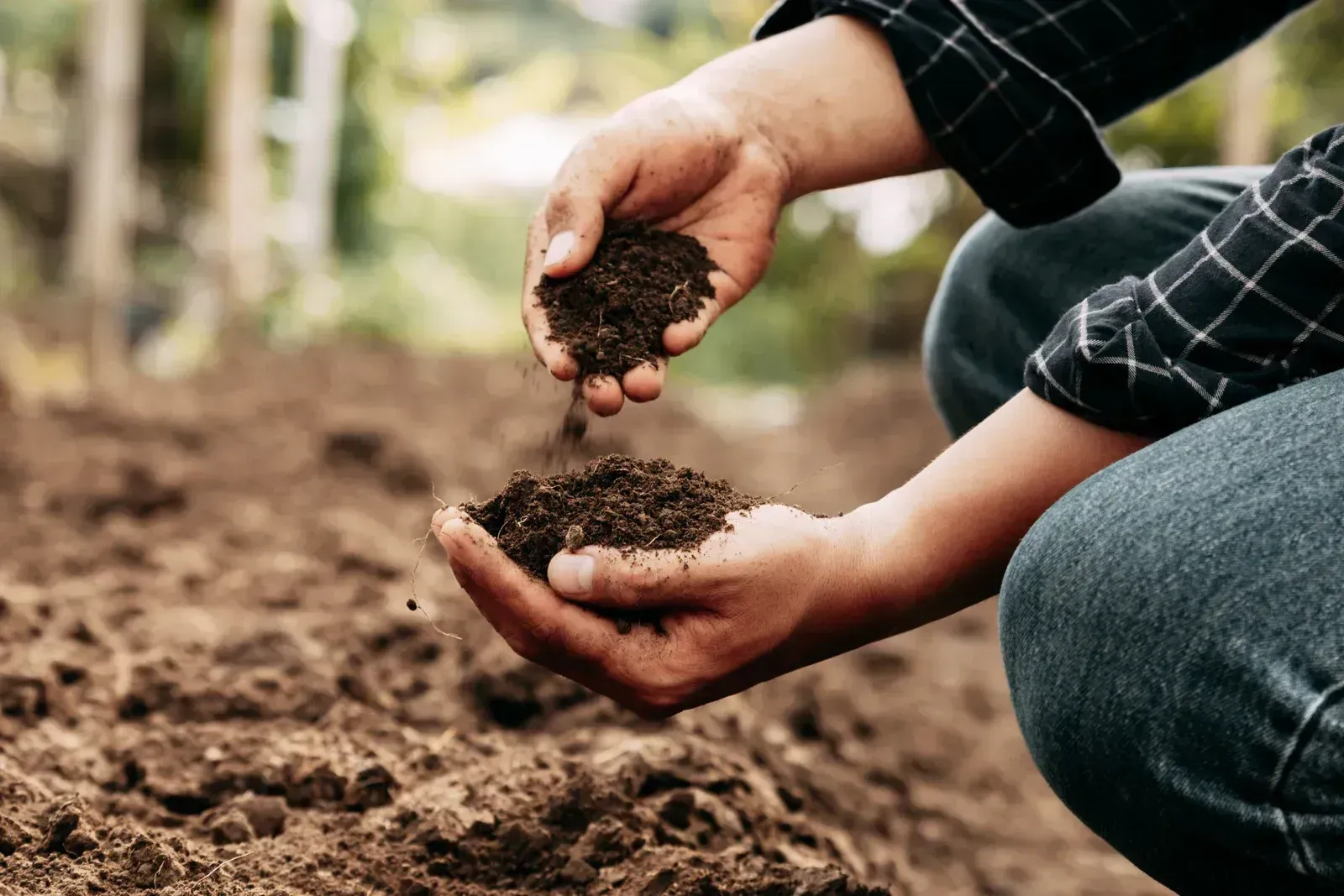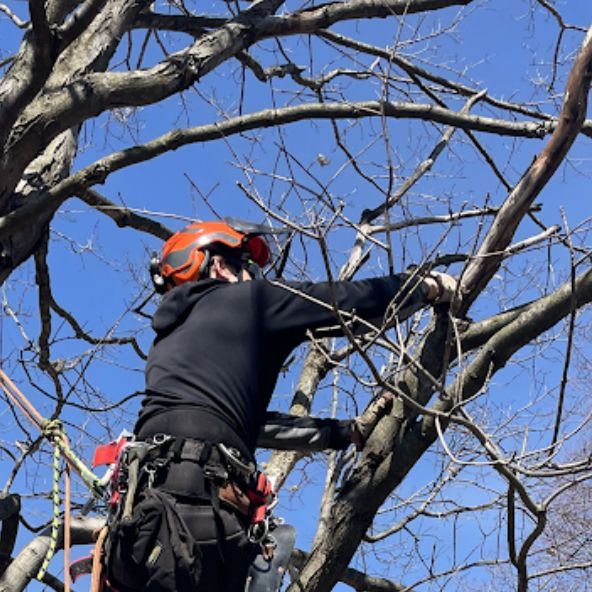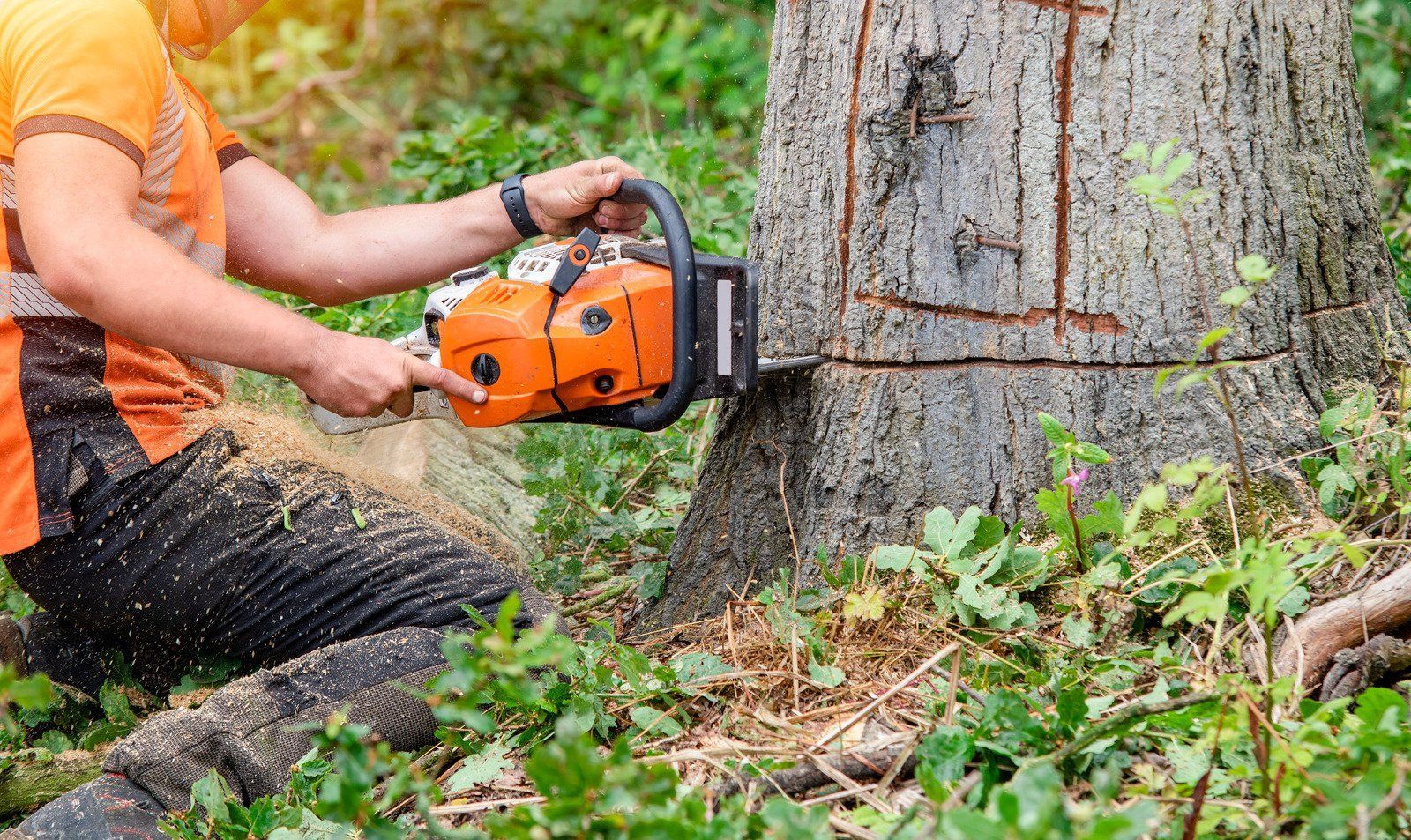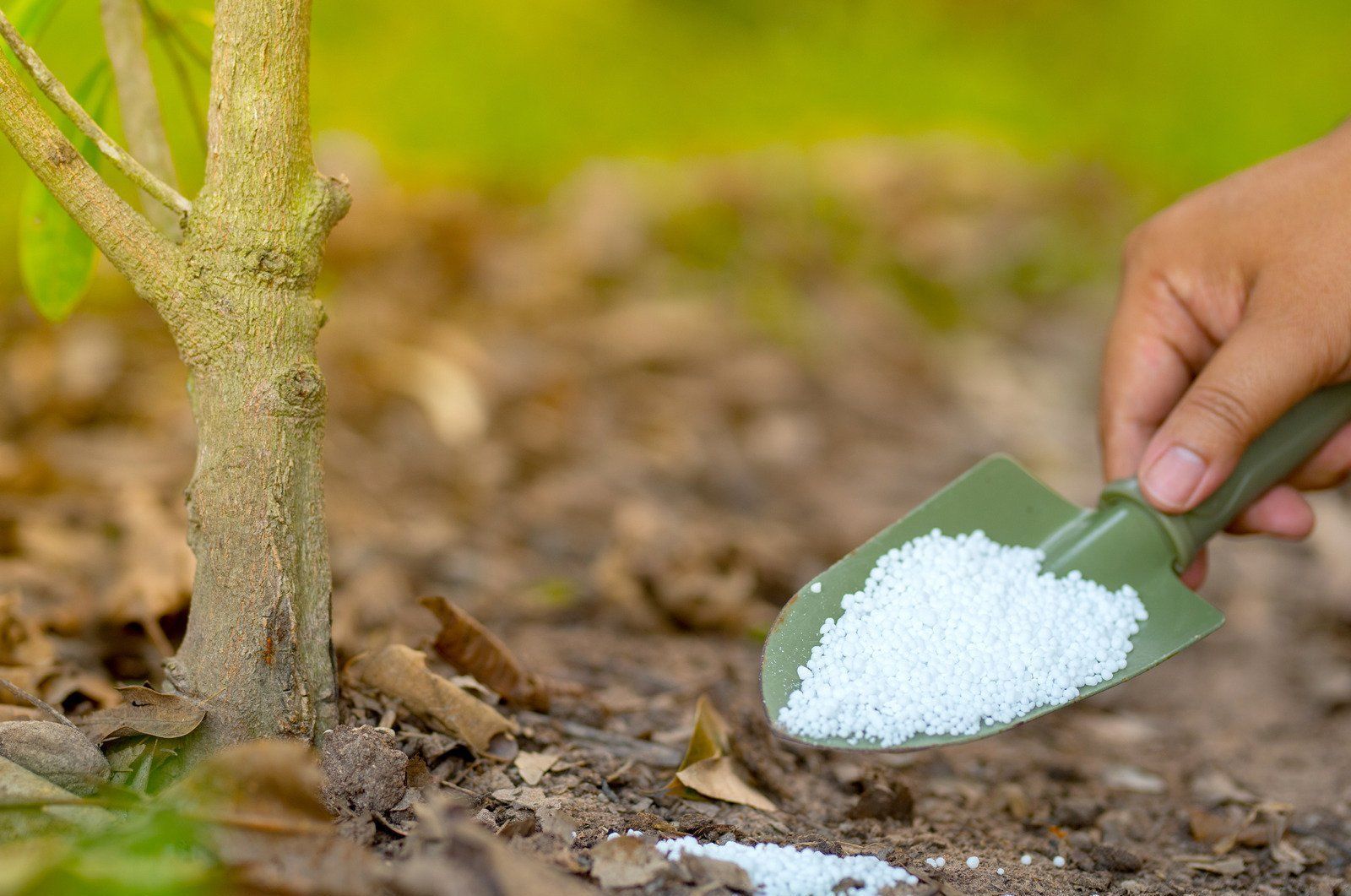The Importance of Tree Health Assessments for Long-Term Growth
June 6, 2025

Trees play a vital role in our ecosystems, landscapes, and daily lives, offering everything from shade and beauty to environmental benefits like cleaner air and improved soil stability. However, like all living organisms, trees require ongoing care to thrive. One of the most crucial yet often overlooked components of tree care is a tree health assessment. This proactive evaluation process ensures trees remain healthy, safe, and resilient for decades to come.
Why Tree Health Assessments Matter
Just like regular check-ups help humans prevent major health issues, tree assessments are essential for identifying early signs of disease, structural weakness, or pest infestations. These evaluations can uncover problems that aren't visible to the untrained eye, such as root decay, nutrient deficiencies, or fungal infections. Early detection allows for timely interventions, potentially saving a tree from decline or removal.
Tree health assessments also support informed decision-making when it comes to pruning, fertilization, and soil management. By understanding the exact condition of a tree, arborists can apply targeted treatments that promote stronger growth, better shape, and improved longevity. In both residential and commercial landscapes, this translates to a safer and more attractive environment.
The Role of Environmental Stressors
Urban and suburban environments can be tough on trees. Pollution, poor soil quality, compacted roots, improper watering, and construction damage are just a few of the challenges trees face daily. Tree assessments help identify stress caused by these environmental factors and guide corrective actions to reduce their impact.
For example, if a tree is declining due to compacted soil, the assessment might recommend deep root aeration. If a tree is struggling with water retention, the solution could involve mulch application or irrigation adjustments. Understanding these stressors ensures trees are given the right conditions to thrive long-term.
Promoting Structural Integrity and Safety
While the aesthetic and environmental value of trees is undeniable, safety should never be overlooked. Weak branches, hollow trunks, or overextended limbs pose serious hazards—especially during storms or high winds. Tree health assessments include a structural analysis to detect any weaknesses or imbalances that may lead to breakage or tree failure.
In areas with high foot traffic or valuable property, preventing falling branches or uprooted trees is crucial. Arborists use specialized tools and techniques during assessments to inspect everything from canopy density to root flare conditions. Based on their findings, they can recommend pruning, bracing, or even removal if necessary to maintain safety.
Healthy trees grow stronger, live longer, and provide more benefits over time. A comprehensive tree health assessment helps ensure that your landscape’s trees continue to thrive season after season. From soil nutrient testing to pest monitoring, assessments provide the data needed to create a long-term care plan tailored to each tree’s needs.
In addition, tree health evaluations contribute to sustainability by reducing the need for costly emergency removals and replacements. Instead of reactive measures, you’re investing in preventive care that supports the natural growth cycle and reduces environmental impact. For homeowners, this means a more beautiful and valuable property; for communities, it contributes to a greener, healthier environment.
If you want your trees to flourish for years to come, regular health assessments are the key. At Backwoods Tree Service
in Stroudsburg, PA, we bring over 10
years of experience in professional tree care, offering trusted guidance and effective solutions. Whether you're dealing with mature trees, newly planted saplings, or high-risk branches, our team is here to help. Call us today to schedule a tree health assessment and protect your green investment.




